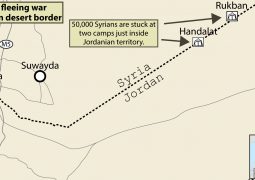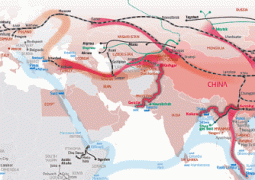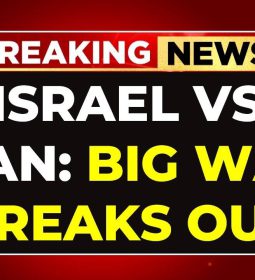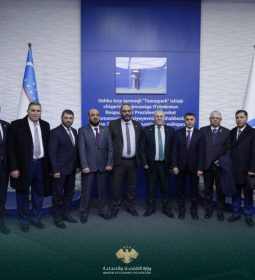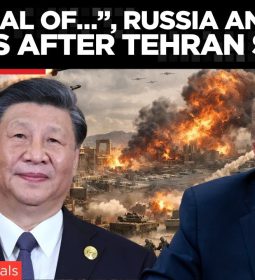Mongolia’s economy shrinks in first nine months of 2016 as it discusses bail-outs

Bishkek (AKIpress) – goods-budget-audit Mongolia’s economy shrunk in the first nine months of the year, stoking concern on annual growth that could contract for the first time since the global financial crisis while it weighs bail-out options from agencies such as the IMF and partner countries, according to The Indian Express.
The cash-strapped Asian nation has taken a beating from the sluggish market for coal, a major export, as well as sapped investor appetite in a country whose economy is reliant on Chinese consumption. With sovereign-backed bond repayments due as soon as next year, Mongolia’s leaders have met with representatives of the IMF, China and Japan for crisis relief. Gross domestic product contracted 1.6 percent from January to September compared with the same period last year, Mongolia’s national statistics office said on Tuesday.
Mongolian full-year GDP has grown every year since 2009, when growth was hit by the 2008-2009 global economic crisis. The government has projected 1.3 percent GDP growth this year while the IMF is projecting zero growth. Mongolia’s new government under Mongolian People’s Party Prime Minister Jargaltulga Erdenebat has struggled to control a downward spiraling currency and a balance of payments crisis since being elected into office last June. Mongolia’s best prospect is its mining sector, with gold, coal and copper being its chief commodities for export to neighboring China. Many investors are hoping for a revival with key projects such as Rio Tinto’s Oyu Tolgoi copper mine going forward and a new government in power promoting foreign investment.
“It takes a while for [the] Mongolian economy truck to speed up again,” said Dale Choi, an analyst for Mongolian Metals & Mining. “FDI is not yet improving.”
The $6 billion underground expansion at Rio Tinto’s Oyu Tolgoi copper mine began construction last May after two years of delay because of disputes on taxes and costs.
While some observers have worried that risks may beat out rewards, Deutsche Bank on Monday published an upbeat analysis following a visit to the mine.
“Oyu Tolgoi is the definition of a Tier 1 asset,” it said in a report. Deutsche Bank increased its valuation of the mine by 5.3 percent to $5.9 billion and predicted that production would commence six months ahead of schedule in 2019.
Although the project will keep a steady flow of foreign investment during the next five-to-seven years of construction and Rio says the mine will eventually be responsible for 30 percent of the economy, direct benefits for Mongolia will be delayed. According to a 2009 investment agreement, investors must recoup their original investment costs before Mongolia can collect on dividends for its 34 percent shareholding in the mine.
- Previous Uzbekistan votes against UN resolution on human rights violations in Crimea
- Next South Korea’s CJ Foodville opens its bakery in Mongolia







